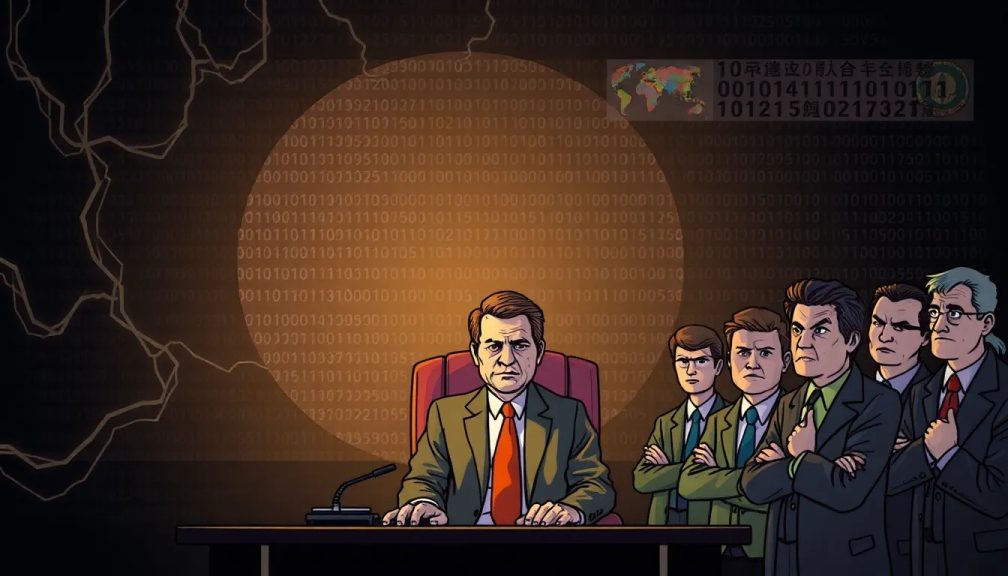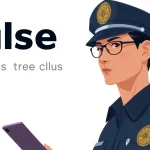VPN bans require extreme digital authoritarianism, says ORG

In recent years, the use of Virtual Private Networks (VPNs) has surged, particularly following the introduction of age verification measures under the UK's Online Safety Act. This legislation, aimed at protecting minors online, has inadvertently led many users to seek out VPNs as a means to bypass these restrictions. As a result, this trend has raised concerns within the UK government, prompting discussions about potential measures to limit VPN access. However, organizations like the Open Rights Group (ORG) warn that such actions could lead to significant privacy infringements and other unintended consequences.
The rise of VPN usage is not surprising; these tools provide a layer of anonymity by masking users' IP addresses and encrypting their online activities. In the UK, users can easily connect to servers in countries where age verification isn’t enforced, allowing them to skirt the regulations set forth by the Online Safety Act. Although this loophole is glaringly obvious, no substantial steps have been taken to close it yet.
Understanding the implications of VPN usage
As the discussion around VPNs intensifies, it's essential to consider their broader implications. VPNs are used for a variety of purposes, including:
- Enhancing online privacy and security
- Bypassing geo-restrictions on content
- Protecting data on public Wi-Fi networks
- Masking internet activity from ISPs and government surveillance
These factors contribute to their growing popularity, especially among younger users who seek greater control over their online presence. Nevertheless, the idea of restricting VPN access has sparked controversy.
The government's perspective on VPNs
Some government officials, including children's commissioner Dame Rachel de Souza, have voiced concerns about the increasing use of VPNs, labeling it as a "loophole that needs closing." This sentiment reflects a growing frustration with the perceived ineffectiveness of current measures aimed at protecting children online. However, the ORG argues that the focus should not be solely on VPNs, but rather on improving the underlying systems of online safety.
In light of these discussions, the ORG has initiated a campaign to reform the Online Safety Act, emphasizing the need for a more nuanced approach to online safety. The act has had far-reaching effects, impacting various sectors, including:
- Dating apps
- Streaming services like Spotify
- Health-related websites
- Political content dissemination
This widespread impact shows that the implications of such legislation go beyond just age verification, affecting users of all ages.
Consequences of restricting VPNs
During discussions in the House of Lords about the rise in VPN usage, ORG spokesperson James Baker highlighted the risks associated with "age-gating VPNs." According to Baker, restricting VPN access could lead to unforeseen complications, such as:
- Young children not using VPNs, while teens find workarounds
- Increased reliance on unsafe alternatives like proxy sites
- Heightened risks to online safety
- Potential to push users towards unregulated platforms
Baker's argument underscores the notion that rather than preventing access to VPNs, the government should focus on enhancing existing regulations and technologies that protect user privacy.
Challenges of enforcing a VPN ban
Enforcing a ban on VPNs presents significant technical and ethical challenges. Baker argues that detecting or prohibiting VPN usage without resorting to extreme measures of digital surveillance would be nearly impossible. Such actions could lead to a form of "digital authoritarianism," where government overreach compromises individual privacy rights.
The implications of this are profound. Many users depend on VPNs not only for privacy but also for accessing essential services. For instance, teenagers may utilize VPNs for gaming or to secure their connections when using public Wi-Fi networks, which are notoriously vulnerable to cyber threats.
Alternatives to VPNs and their risks
If VPN usage is significantly restricted, users may turn to less secure alternatives, which could exacerbate the very issues the government seeks to address. Some of these alternatives include:
- Proxy sites that may not encrypt user data
- Direct access to content on less regulated platforms
- Using Tor, which, while more secure, can also attract unwanted attention
- P2P sharing which may expose users to legal risks
Each of these alternatives poses its own risks, highlighting that simply banning VPNs may not effectively solve the problem of online safety for minors.
Advocating for more robust online safety measures
The ORG argues for a balanced approach that involves enhancing data protection and privacy standards, rather than focusing on the prohibition of VPNs. By implementing stronger age-check systems and ensuring higher standards of data privacy, the government could potentially regain the trust of users concerned about online safety.
As the debate continues, it is clear that the conversation surrounding VPNs and online safety is far from over. Stakeholders from various sectors need to engage in dialogue that prioritizes user safety while respecting individual privacy rights.
For those interested in learning more about VPNs and their impact on digital security, our recommended partner is NordVPN. With its robust features, it can enhance your online experience, particularly in gaming and public Wi-Fi scenarios.
To dive deeper into the nuances of using VPNs for gaming, check out our guides on Warzone VPN and Minecraft VPN to understand how these tools can optimize your gaming experience.
If you're looking for insights on the potential ramifications of VPN bans, consider watching this video:




Leave a Reply